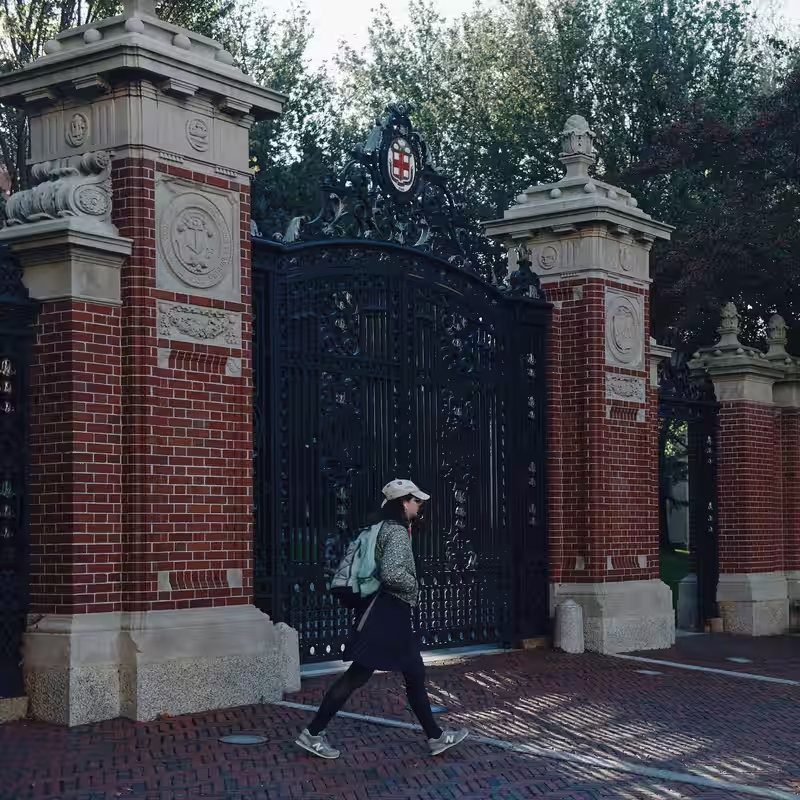In a dramatic shift from years of cautious silence, America’s most prestigious universities are taking a unified stand against the Trump administration, rejecting a controversial proposal that would tie federal funding to the adoption of conservative political priorities. This collective pushback is being hailed by many as a potential turning point in the fraught relationship between higher education and the federal government.
What Sparked the Revolt?
The conflict centers on a White House initiative offering a select group of universities a special funding arrangement—a so-called “higher-education compact.” However, this financial carrot comes with a significant stick: institutions must publicly commit to a set of policy priorities dictated by the Trump administration, which critics argue are designed to reshape campus culture and academic freedom .
For many university leaders, this demand crossed a red line. “It feels like a turning point,” one university official anonymously told The New York Times, capturing the sentiment of a sector long wary of direct political interference .
Who’s Saying No?
The resistance is being led by some of the nation’s most influential academic institutions. In a powerful show of defiance, the president of the Massachusetts Institute of Technology (MIT) formally rejected the proposal, stating that adopting the administration’s political agenda as a condition for funding is incompatible with the university’s mission of independent inquiry .
Harvard University has also been vocal in its criticism, publicly refusing to comply with what it views as an overreach of executive power into academic affairs . So far, at least four university presidents have officially rejected the offer, and notably, not a single college has signed the controversial agreement .
Universities Standing Up to Trump: A Coordinated Front
This isn’t just a series of isolated incidents. A broader coalition is forming. Hundreds of college presidents have signed a carefully worded letter that, while diplomatic in tone, firmly asserts the principle of institutional autonomy. “The letter these hundreds of presidents have been signing is not strident or impolite; it acknowledges the importance of federal support but draws a clear boundary,” reports one analysis .
Currently, only five universities are reported to still be weighing the administration’s offer, having been invited to a White House call to discuss the compact further . The pressure on these remaining institutions is immense, caught between potential financial incentives and their core academic values.
Why This Matters for Students and Faculty
The implications of this standoff extend far beyond administrative offices. At its core, the dispute is about who controls the direction of higher education. Critics of the White House plan fear it could lead to:
- Censorship of research on topics deemed politically inconvenient.
- Curriculum changes that prioritize ideology over academic rigor.
- A chilling effect on free speech and open debate on campus.
For students and faculty, the universities’ stance is a defense of the very environment that fosters innovation, critical thinking, and the free exchange of ideas—the bedrock of a strong democracy.
The Road Ahead
The Trump administration’s strategy appears to be one of division, hoping to find universities willing to break ranks for financial gain. However, the strong, early resistance from institutions like MIT and Harvard suggests a newfound willingness in academia to defend its principles, even at a potential cost.
As this battle between federal power and academic independence unfolds, the higher education sector is sending a clear message: some lines should not be crossed.
Sources
- The New York Times: Universities Are Standing Up to Trump
- Web search results on “Universities Are Standing Up to Trump NYT 2025”




